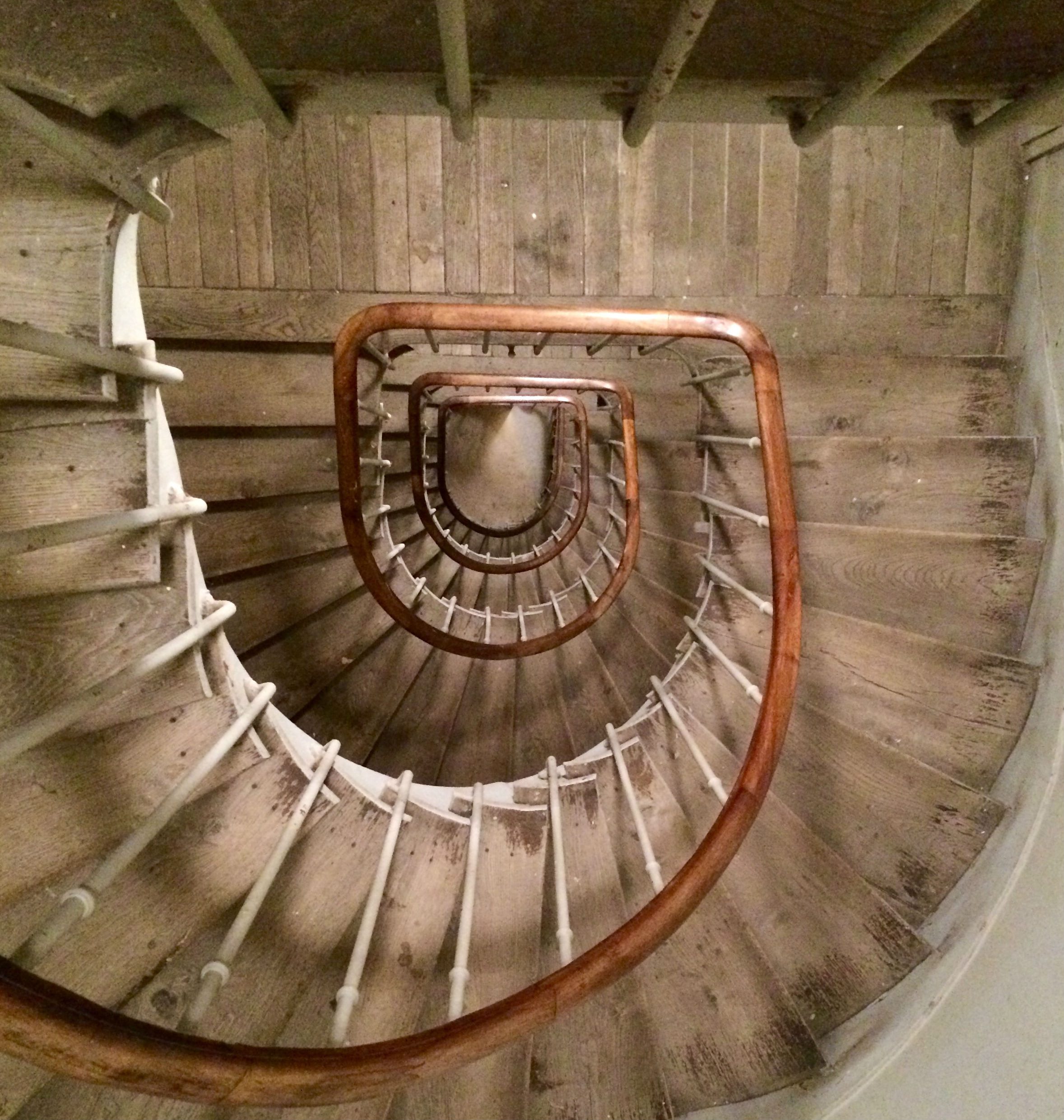On July 2, the England and Wales High Court of Justice (Commercial Court) ruled against the Central Bank of Venezuela (BCV) (and, by extension, the government of Venezuelan President Nicolás Maduro) concerning two claims with regard to foreign currency reserves. According to the Court, the Bank of England (“BoE”) holds gold reserves of approximately $1 billion for the BCV, and Deutsche Bank (“DB”) is obliged to pay the proceeds of a gold swap contract to the BCV in the sum of about $120 million, which court-appointed receivers currently hold.
The crux of the problem before the High Court was the fact that Maduro and the Interim President of Venezuela, Juan Guaidó, had made conflicting claims about the right to give directions to the BoE and DB about what should be done with the gold reserves and the gold swap contract proceeds. Maduro had added urgency to his claim by asserting, through his representatives, that “he requires the reserves to fight the Covid 19 pandemic in Venezuela.”
With that background, the High Court stated that it had two issues before it:
- The “Recognition” Issue: In essence, this issue had to do with which person, Maduro or Guaidó, should be recognized as the leader of Venezuela. As the Court stated, “Pursuant to the “one voice” doctrine the court must accept as conclusive an unequivocal statement by [Her Majesty’s Government (HMG)] recognising a foreign sovereign state or the leader or government of a foreign sovereign state.”
On this issue, the Court concluded that HMG does recognize Guaidó in the capacity of the constitutional interim President of Venezuela and as Head of State, that the meaning of that recognition was “unequivocal,” and that that recognition was conclusive pursuant to the “one voice” doctrine.
-
- The Justiciability Issue: This issue had to do with whether, as stated by the ad hoc BCV Board that Guaidó appointed, “the act of state doctrine prevents the English court from entertaining any challenge to the validity under Venezuelan law of the legislative or executive acts by which the relevant appointments have been made.” On this issue, the Court concluded, after an extended discussion of the act of state doctrine, that doctrine precluded inquiry into the validity of certain acts by Guaidó and the Venezuelan National Assembly, stating that they were foreign acts of state and were non-justiciable. Accordingly, it further held that it lacked jurisdiction because of subject matter immunity.
Note: Although the Maduro government could pursue a further appeal in the United Kingdom courts, the reasoning of the High Court is sound and unlikely to provide a basis for reversal. In any event, the practical effect of the High Court’s decision is to ensure that Guaidó’s BCV Board remains in control of the contested gold reserves and contract proceeds, and to deny Maduro, who has been actively pursuing those reserves since 2018, the opportunity to pocket them for himself.

1 thought on “High Court in London Rules Against Maduro Government Claim to $1 Billion+ in Gold Reserves and Contract Proceeds”